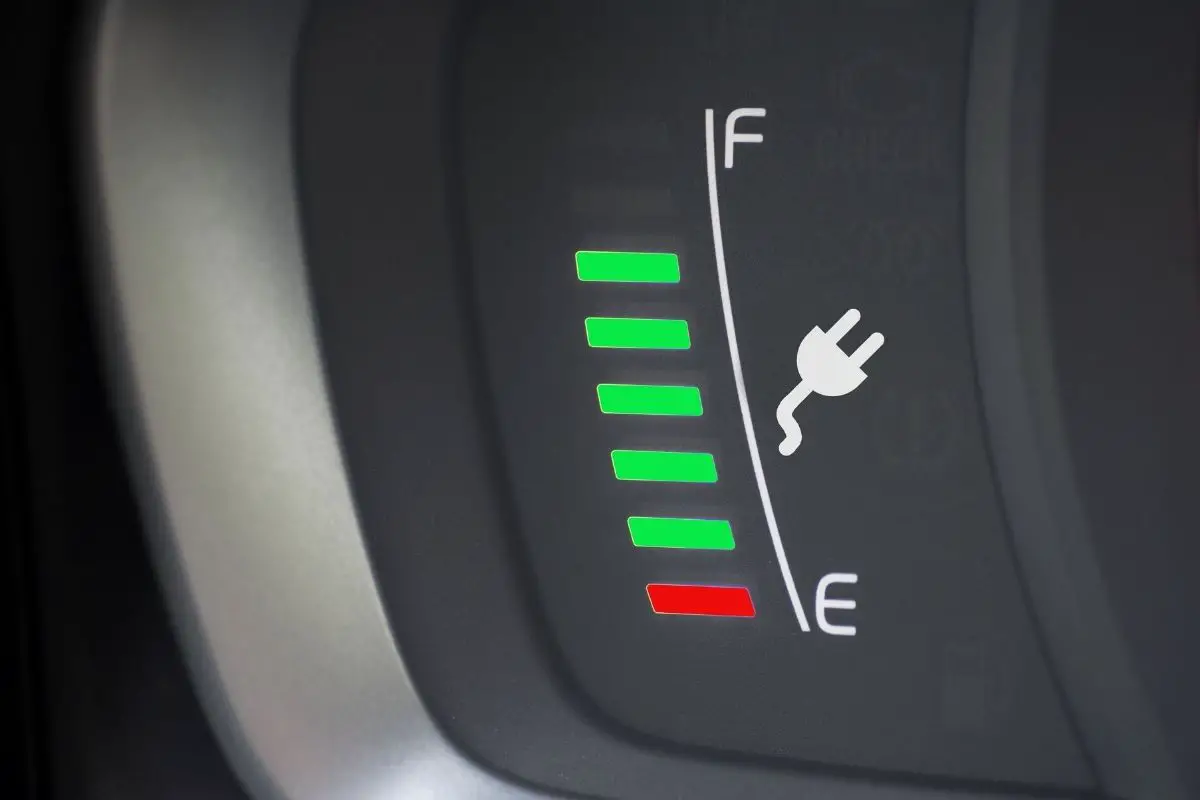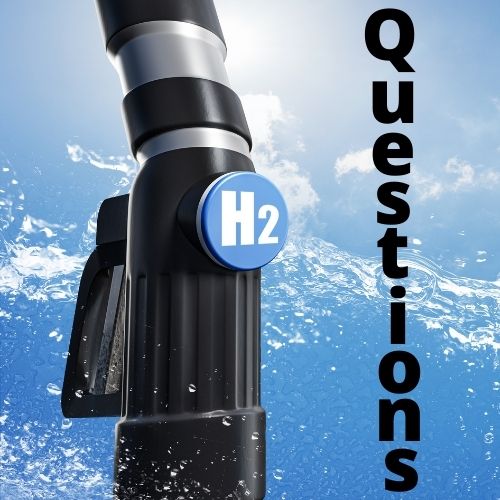Will High Gas Prices Increase Electric Vehicle Sales?
March 28, 2022If you’ve been to the gas pump at all in the last month, what you found there might have made you cringe. Gas prices are soaring amidst Vladimir Putin’s invasion of Ukraine. European countries are trying to find alternatives to Russian energy products, which has put a strain on the global market. Even in the United States, where only a small percentage of oil and gas products are imported directly from Russia, there has been an impact.
Today, the average price of a gallon of gasoline has pushed above $4/gallon, with prices jumping up over $6 in some areas. High gas prices are just one more hit to an economy that is already struggling with inflation. As the prices keep adding up, it might be worth asking, “What about electric vehicles?”
Switching to an electric vehicle could be a great way to beat high gas prices and make a positive impact on the environment in one swoop. It seems like a no-brainer. However, many experts are indicating that just because gas prices are high doesn’t mean we should anticipate a major shift in sales towards cleaner vehicles.
Considering Making the Switch?
Gas prices aside, there are still plenty of other important variables to consider before committing to purchasing an electric vehicle. For instance, electric vehicles may save a lot of money at the pump, but all vehicles are still a major financial investment. Some states offer some excellent incentives and tax rebates for the purchase of an electric vehicle to help offset the costs, while others may make them more expensive to register.
Another important thing to consider is the infrastructure of the local and regional area where the car will be driven. Charging electric vehicles at home is one of many things that might cause a high energy bill. Though many people have electrical outlets with the strength to charge electric vehicles in their homes, many public spaces may not. In rural communities with longer drive times and typically less investment in charging stations, this can make owning an electric vehicle limiting at best.
Of course, there are plenty of real benefits to switching to electric as well. The most direct impact is most certainly lower or no gas expenses. As battery technology continues to improve, travel distances are expanding and overall costs are coming down. Although there are still major environmental impacts associated with mining precious metals used in electric batteries, many believe the environmental impact is less than that of a combustion engine vehicle.
Are Sales Actually Jumping?
Whenever there is a spike in gas prices, demand for more energy-efficient vehicles also jumps. This happened when gas prices rose sharply circa 2008; some believed it would happen during the beginning of the pandemic, and it is happening again now. Today, many car lots can’t keep electric vehicles around for more than a few days, and some companies have waitlists that are over 2 months long.
Part of this is associated with the rise in demand, but the larger issue is tied to the supply chain. Certain components of all vehicles such as chips have been backlogged for over a year now, which has driven all car prices — new or used, combustion or electric — through the roof. Just about anyone familiar with the market will tell you that now is not the time to be looking to purchase any vehicle.
The point being is that although demand for electric vehicles is currently soaring, don’t expect the supply to meet it. This could be an ideal moment for many people considering making the switch to electric to finally pull the trigger, but companies will not be ready to respond. Unfortunately, there is plenty of evidence that as the crisis comes to an end and gas prices decline again, so will some of the interest in alternative vehicles.

Electric is Coming
Although some interest may start to wane if and when gas prices begin to drop again, the fact of the matter is that alternative energy vehicles are beginning to become more mainstream. Major pushes from government entities to build the infrastructure for these vehicles and address climatic concerns are fueling some of the expansion. The number of charging stations is expanding rapidly across the country.
Additionally, many auto manufacturers are committing to producing electric vehicles and are scrambling to be the first to produce models of existing vehicles or new models altogether that run on an electric engine. This has been a major change that will take some time though. Today, many auto manufacturers are still primarily focusing on the most in-demand and profitable vehicles — SUVs and trucks. Even though demand for electric vehicles is growing, they still only make up about 2.5% of the supply of vehicles available for purchase.
High gas prices have certainly driven the demand for electric vehicles upwards, and this could be a great push for all countries to work towards cleaner energy systems. However, the infrastructure and supply are still not quite there, which will hinder the full potential of this moment. It feels as though it is happening slowly, but momentum is gaining for a switch to electric and other alternative energy vehicles. Time will tell when it will happen.
 H2 Spotlight Questions – How efficient are hydrogen combustion engines? Find out today! Hydrogen combustion engines have become a hot topic, but how efficient are they? Enough that they make more sense than fuel cell electric models? How do they compare with conventional motors powered by gasoline? HFN pays attention to the latest developments in H2 propulsion tech. For even more H2 info, visit our Learning Center and download your copy of our free ebook. Make sure you don’t miss a single headline by signing up above.
H2 Spotlight Questions – How efficient are hydrogen combustion engines? Find out today! Hydrogen combustion engines have become a hot topic, but how efficient are they? Enough that they make more sense than fuel cell electric models? How do they compare with conventional motors powered by gasoline? HFN pays attention to the latest developments in H2 propulsion tech. For even more H2 info, visit our Learning Center and download your copy of our free ebook. Make sure you don’t miss a single headline by signing up above.



 With over 15 years of reporting hydrogen news, we are your premier source for the latest updates and insights in hydrogen and renewable energy.
With over 15 years of reporting hydrogen news, we are your premier source for the latest updates and insights in hydrogen and renewable energy.